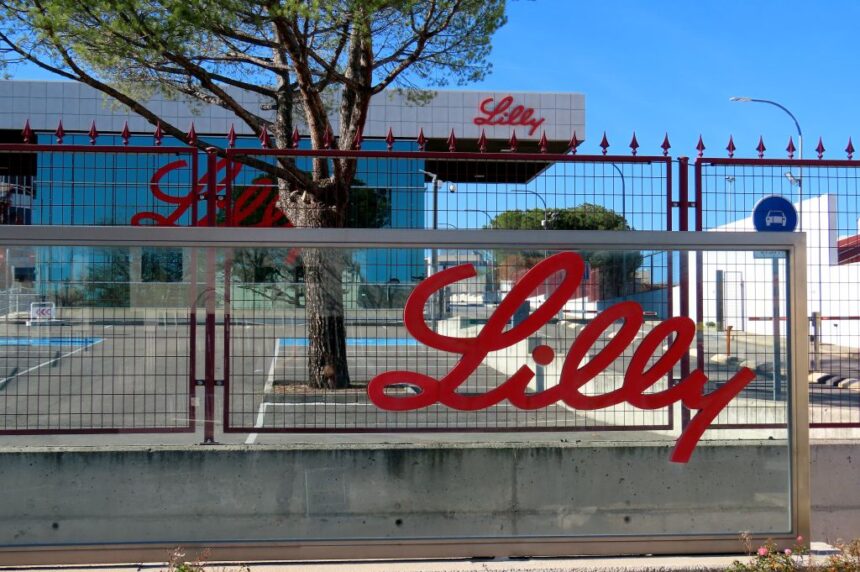Eli Lilly sued medical spas, wellness centers and compounding pharmacies over counterfeit versions of its diabetes drug Mounjaro (tirzepatide).
In a statement released Tuesday afternoon, Lilly said it filed the lawsuit to stop the marketing and sale of knockoffs of the type 2 diabetes drug to “protect patients.”
The pharma giant added that it can’t validate the “safety or effectiveness of products claiming to contain tirzepatide” that are not Mounjaro.
“These entities should be stopped from providing drug products in violation of consumer protection laws, particularly where they promise their patients that their drugs offer the same safety profile and clinical benefits as Mounjaro,” the statement read.
Lilly warned that products claiming to be its pre-filled single-dose pen of tirzepatide pose potentially serious health risks to patients. If patients have received any of these counterfeit products, Lilly urged them to contact their healthcare provider and report the incident to the Food and Drug Administration.
Lilly is the latest pharma company to take legal action against organizations selling unauthorized versions of a drug widely used off-label for weight loss.
Over the summer, Novo Nordisk filed lawsuits against multiple medical spas, weight loss clinics and compounding pharmacies for allegedly selling counterfeit versions of Ozempic and Wegovy. As the sole patent holder of semaglutide, the active ingredient in the diabetes and obesity drugs, Novo doesn’t sell it to outside entities.
The emergence of unverified products posing as weight loss drugs is an unintended consequence of Mounjaro’s mainstream popularity.
Since its launch last year, Mounjaro has been a rousing success for Lilly and boosted its bottom line.
According to its latest quarterly earnings report, the company’s revenues increased 28% year-over-year thanks in part to the high demand for the drug. Mounjaro generated $979.7 million in revenue during Q2, up from $16 million this time last year.
“Lilly’s financial results in Q2 were led by Mounjaro sales and a strong performance from Growth Products,” Eli Lilly CEO David A. Ricks said in a statement at the time.
The news also came less than two weeks after Mounjaro received the blessing of a U.K. cost-effectiveness watchdog, which could give Lilly an opening to compete against Novo’s Ozempic in the ongoing GLP-1 wars.







